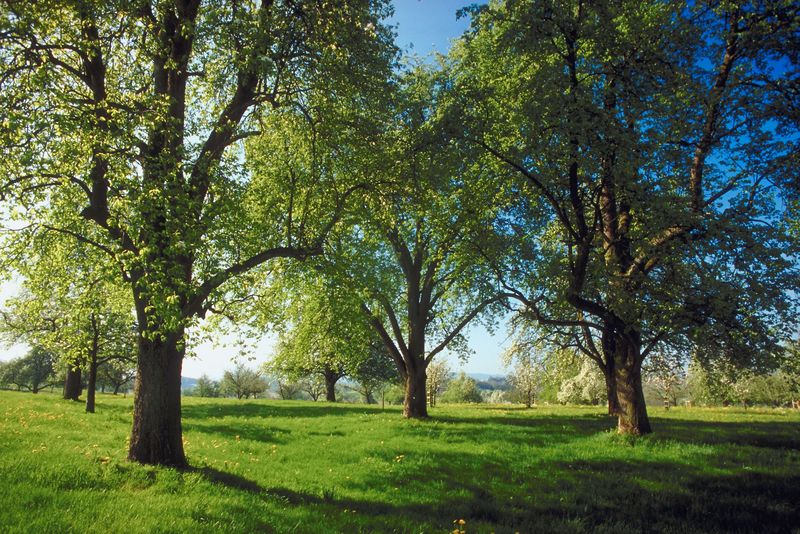
The night of January 30 and day of January 31 mark the 15th of the Hebrew month of Sh’vat, or Tu BiSh'vat. The holiday started as a tax holiday, and was mentioned in the Mishnah as the “birthday for the trees.” It acted as the marker for when a tree became a year older with regards to a host of mitzvot centered around the annual produce of fruit trees. Taxes are still linked with the natural world around us; the recent tax bill contained devastating provisions which open a section of the Arctic National Wildlife Refuge to drilling, disturbing the calving grounds of the Porcupine Caribou which are central to the Gwich'in people’s way of life. Later, kabbalists adopted the holiday and read mystical wisdom from tree metaphors, instituting the tradition of a Tu BiSh'vat seder. More recently, the holiday became associated with the early Zionist movement and planting trees in Israel, a move which destroyed original ecosystems and to create new habitats for humans and lead to a slew of ecological problems. Today’s forestry management and ecology teach us that tree planting campaigns aren’t always the best way to care for the land. Stemming from the early Zionist tree planting, Tu BiSh’vat has been adopted as a day of Jewish environmentalism.
From the standpoint of environmental policy, it’s been a long and hard year for the trees. We’ve seen President Trump announce his intention to withdraw from the Paris Agreement, the start of the repeal and replace process for the Clean Power Plan, the Presidential proclamation to shrink Bears Ears and Grand Staircase Escalante National Monument, the decision to open the Arctic national wildlife refuge for drilling, a new proposed five year plan which would open federal waters to offshore drilling, the Bonn Conference of the Parties, the decision to cut scientists from EPA science advisory boards, the purging of climate change language and data from government websites, major hurricanes and forest fires highlighting the dangers of climate change, and a host of other important environmental regulation rollbacks. In this upcoming year, we are expecting further fights for our public lands, conservation titles in the farm bill, and potential impacts of an infrastructure bill.
There are many opportunities to focus on the environment this year during Tu BiSh’vat. The Religious Action Center Tu BiSh’vat Holiday Guide page includes program bank activities on environmental justice to get your family, congregation or religious school involved and working on environmental projects for the holiday like promoting food justice and creating a recycling program. The page also has resources on hosting a Tu BiSh’vat Seder, a fun and celebratory way to engage your community in the holiday through food, and resources for a Tu BiSh’vat prayer service. Be sure to also check out a newly developed text study on Bal Tashchit and constructing an environmental ethic, as well as more Tu BiSh’vat resources on reformjudasim.org.
Engage with other Jewish environmentalist organizations: Explore some of the resources from the Coalition on the Environment and Jewish Life (COEJL) and Hazon. You can also explore resources from interfaith environmental organizations including your local Interfaith Power and Light affiliate and Greenfaith. There are a lot of opportunities to get involved in environmental work from a Jewish perspective.
Work on combatting climate change and protecting the health of poor and minority communities by opposing the repeal of the Clean Power Plan. The CPP was a critical component of how the US planned on meeting its obligations under the Paris Agreement. The current EPA is planning on rolling back this important regulatory rule, and you voice is critical in showing public opposition to the shortsighted decision.
Related Posts

Remarks from Rabbi Eliana Fischel at Jewish Gathering for Abortion Access

Teens from North Carolina Speak About Environmental Justice


